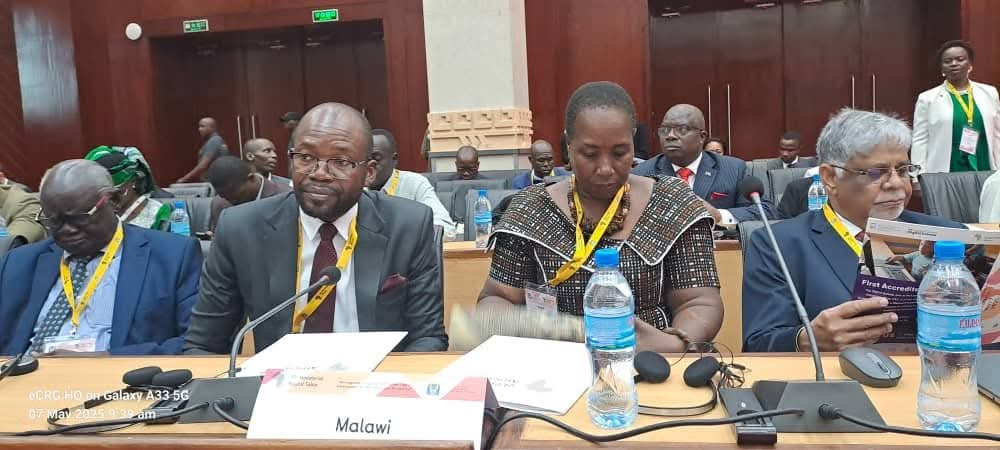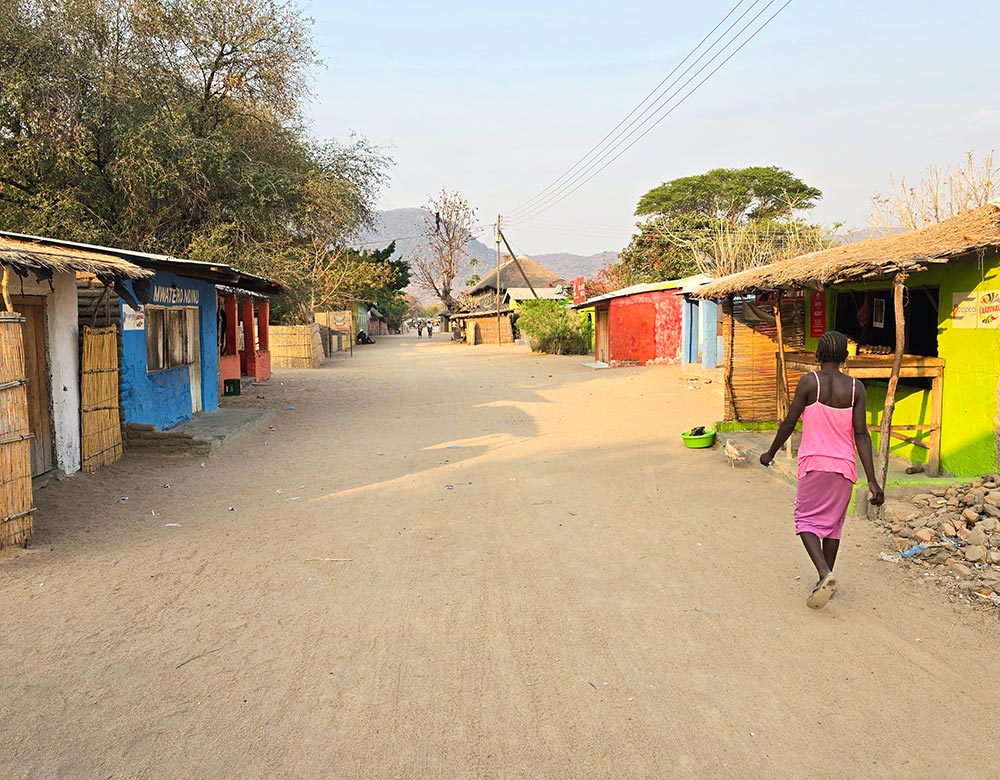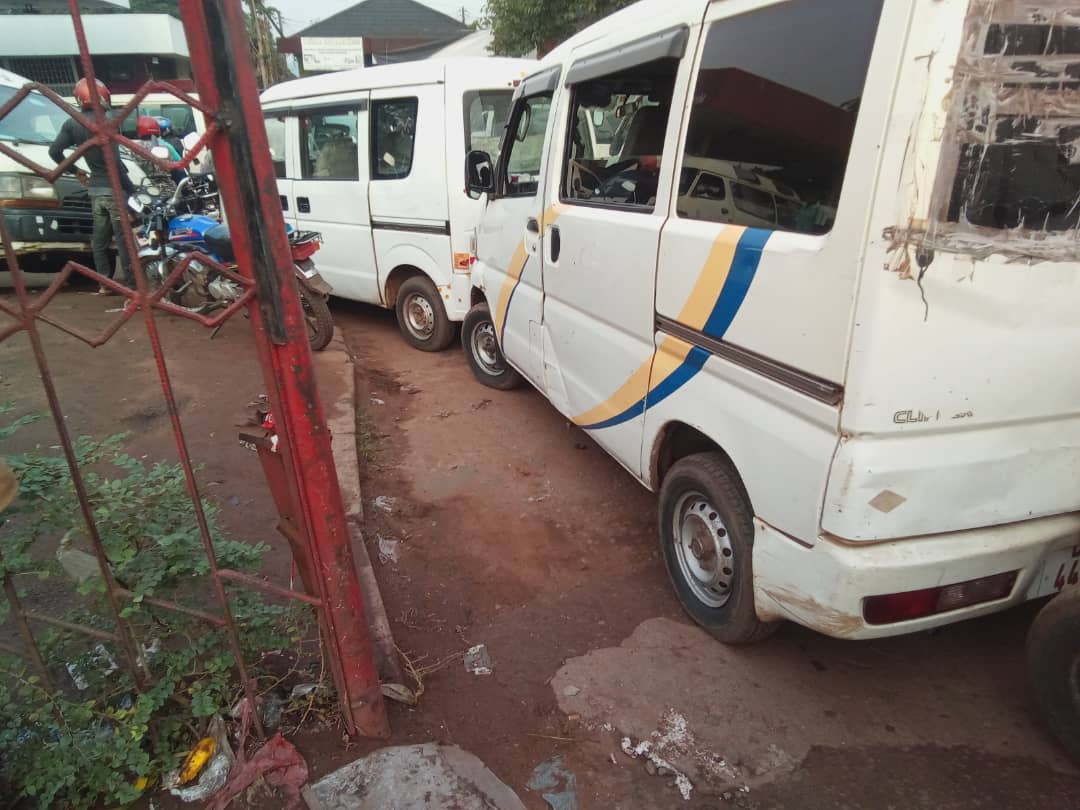Minister of Information and Digitalisation, Moses Kunkuyu Kalongashawa, has called on African leaders to prioritize reliable and affordable internet connectivity as the foundation for digital transformation and e-learning across the continent.
Speaking on Thursday at the E-Learning Africa Summit in Dar es Salaam, Tanzania, Kunkuyu emphasized that while e-learning holds immense promise for Africa’s youth, it remains out of reach for many due to inadequate infrastructure.
“We are pushing an agenda where young people across Africa should be able to access learning platforms even from the comfort of their homes,” he said. “But let’s be honest: there is no e-learning, and there is no digitalization, if there is no connectivity.”
Kunkuyu highlighted the progress Malawi has made under the leadership of President Dr. Lazarus Chakwera, particularly in expanding free public Wi-Fi in key urban areas. He noted that the government is now focused on closing the digital divide by bringing connectivity to rural and remote communities that have long been underserved.
“We are offering free Wi-Fi in many public spaces, but we must go further. We must connect every district, every village. Only then can we say we are truly empowering our people through digital access,” he added.
The Minister issued a strong call for Pan African cooperation, stressing the urgent need to ensure that all 16 landlocked African countries including Mali, Niger, Chad, the Central African Republic, Rwanda, Burundi, Ethiopia, Zambia, Uganda, Zimbabwe, Botswana, Lesotho, and Malawi are fully connected.
“If we do not connect these countries, then we are not talking about a connected Africa,” he warned. “This is not just a Malawian issue it is a continental imperative.”
Kunkuyu reaffirmed that digitalization is at the heart of Malawi’s development strategy, as championed by President Chakwera. The government, he said, is committed to making internet access a national right and a key driver of development.
“The President has been very clear: he wants Malawi to be fully digitized. And we are making steady strides. But for e-learning and digital inclusion to become a reality, Africa must act collectively,” Kunkuyu concluded.




